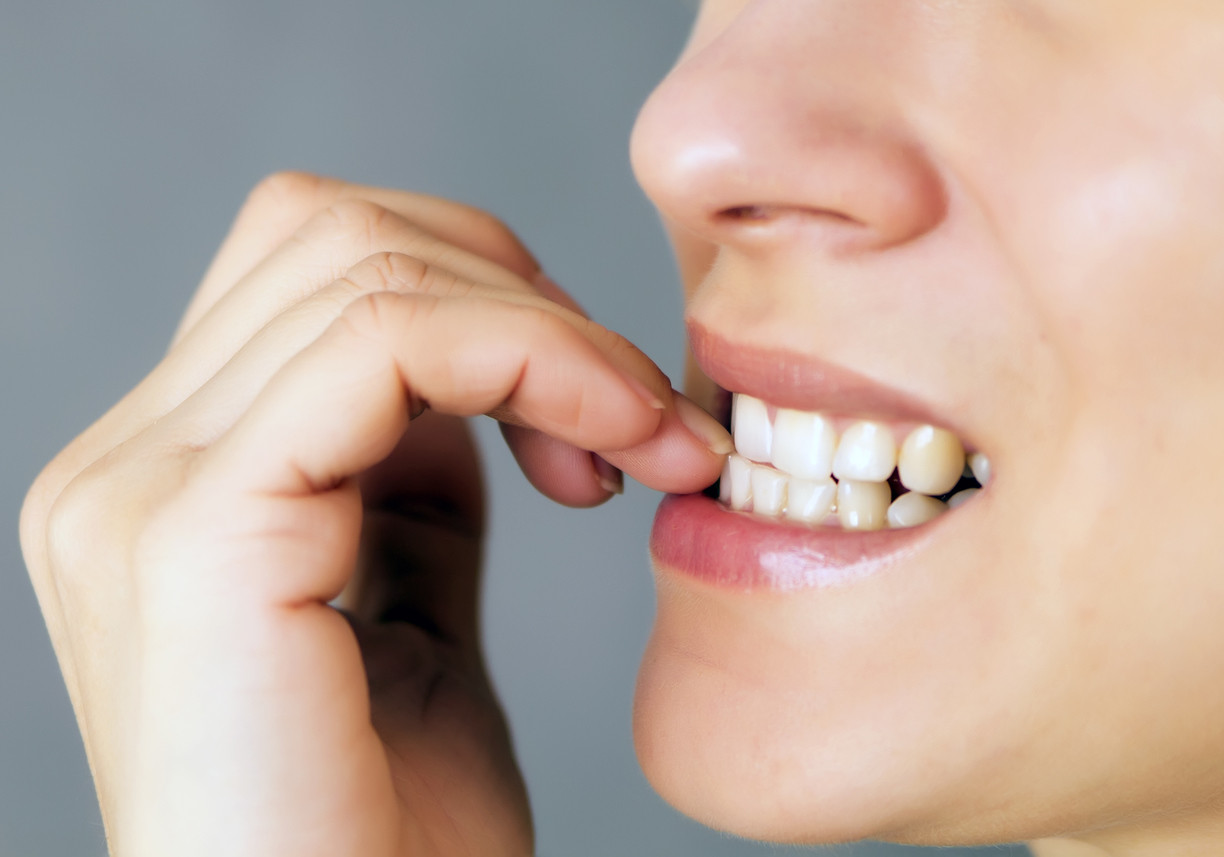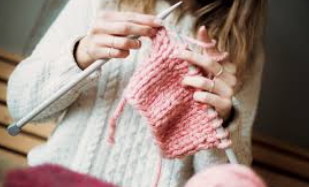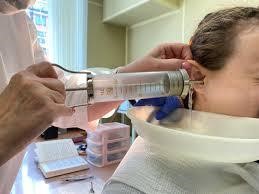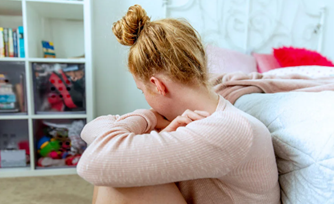Surely you know someone who bites their nails in your immediate environment. Maybe you are even that person. And is that the habit of biting our nails is very common : it is estimated that up to 30% of the population has this habit that is also much more numerous among children and adolescents.
Do we bite our nails because of nerves? Because of anxiety? For pure pleasure? And how can we stop doing it if we want to end this habit? Today we tell you the reasons why we bite our nails and give you some solutions in this regard.
 Why do we bite our nails?
Why do we bite our nails?
The habit of biting our nails is also called onicofagia : from the Greek ονυξ, which means ‘nail’, and φαγειν, which means ‘to eat’. As we said, it is a habit that occurs much more often between children and adolescents and tends to disappear when we become adults, although not in all cases. It does not have a special prevalence in terms of the gender of the person who suffers it or in terms of behavior problems.
Medical professionals do not agree when it comes to deciding whether onychophagia is a pathological disorder , as can other similar conditions such as trichotillomania (the disorder that consists of plucking hair) or dermatofagia (the psychological disorder which consists of tearing off small pieces of skin, very associated with onychophagia).
Researchers do not agree when it comes to determining why we bite our nails, but since 2012 it is considered a TOC by the American Psychiatric Association
Although onychophagia has been included since 2012 in the list of obsessive-compulsive disorders(commonly known as OCD ) by the American Psychiatric Association , some of the researchers think that it may be a learned habit and that its origin may vary depending on the person who suffers it.
Other researchers claim that the fact of biting our nails can be associated with behavioral problems associated with situations of stress or anxiety(here Onychophagia would not be a problem in itself, but a symptom of another problem) or even a sign of too perfectionist people like already scored in 2015 in the Journal of Behavior Therapy and Experimental Psychiatry .
Do I have to stop biting my nails?
Onychophagia can be unsightly, unhygienic habit and, in many cases, embarrassing for him who suffers, but does not have to be a dangerous habit as long as not associated with other more serious disorders such as those disorders attention deficit or behavior disorders.
The danger of onychophagia is precisely that it leads to suffer other types of consequences for our body, such as dental problems (crooked teeth, chipped or even gingivitis problems or inflammation of the gums ), infections caused by bacteria around the skin of the fingers (is the most common cause of paronychia, according to this study ) or even stomach disorders .
How can I stop biting my nails?
The first thing we should do if what we are looking for is to stop biting our nails, is to identify the origin of this habit . It is possible that in our case onychophagia is linked to situations of stress or anxiety , so the fact of biting our nails would be a consequence of these episodes (as in the case of bruxism ). Identify these situations and try to get to the root of the problem (that which causes us stress, which can be our work , family or social situations) would be the appropriate way to proceed in this case.
The punishment is not effective in the case of children to stop biting their nails
In the case of children it has been shown that punishment (it is common to see parents giving a light slap to their children to avoid that they put their fingers to their mouth) does not have good results when it comes to preventing them from biting the ones. An inversion treatment of habits with the help of a psychologist has been shown to be more effective .
Other methods that can offer good results are sometimes to paint our nails with a special transparent enamel that has an unpleasant taste when we bite (although, in cases that I know personally, have ended up getting used to the taste and have ended up biting same nails) or, in the case of women, choose to put some porcelain or gel nails that are “harder to bite” and under which our natural nails grow.




